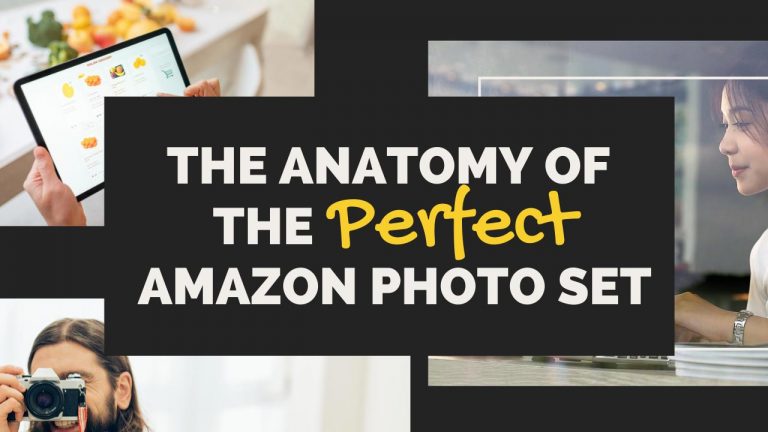Get FREE Amazon Photo Set Template: http://pxlme.me/Jjpb9oeF
The exact step-by-step how to video for Amazon Product Photography. Many customers only look at images and don’t even read the listing. Are your pictures scaring off would-be buyers?—-
In This Guide, You'll Learn:
- What type of image can increase traffic to your listing with minimal effort.
- What type of photos should be on every listing and the exact number of each.
- Big mistakes even experienced sellers make that is costing them sales.
- How to craft a story that weaves into your entire photo set.
- What type of graphic design images are best for different products.
Why Amazon Product Photography is So Important
It’s no secret… product photos on Amazon can be the difference between hitting the Amazon lotto and flushing your investment down the drain (along with your dreams of passive income on Hawaiian beaches.)
Happy-go-lucky DIY sellers like to tell you it’s no problem to do it yourself…
Product photography agencies like to tell you anything less than the $2000 package is wasting your time…
Reality is somewhere in between. It’s not all about the photographer and we’ll get to in a moment… Follow these guidelines and your Amazon photos will be in the top 1% of Amazon product photography.
Amazon Main Image Optimizations for High Click Through Rate
Your main image is the gatekeeper to your listing. It’s your listing’s outfit before going out for the night. Let’s make one thing abundantly clear…
If your hero image is anything less than amazing, it DOES NOT MATTER how good the rest of your listing is because you’ll get scrolled right past for the prettier competitor placed below you.
If you do nothing else from this blog post, do this one.
It needs to look so compelling that in the fraction of a second a customer has to look at it before their eyes move to the next one, it has to make their brain say “This one!”
Main Image Lighting Must be AMAZING
Key point number one. The lighting has to be immaculate. If you don’t understand lighting and how to do product photography yourself it can be a real challenge! It really is an art form and usually requires not only special lighting gear, but also knowledge of how to properly set it up & the camera settings to go along.
Check This Before Hiring a Photographer for Amazon Products
If you’re hiring a photographer, make sure their portfolio shows extremely well-done lighting on the products. Just because they are a great sports photographer doesn’t mean they understand product photography. Here’s an example of great lighting.
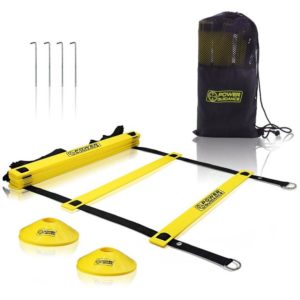
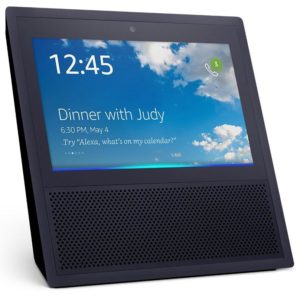
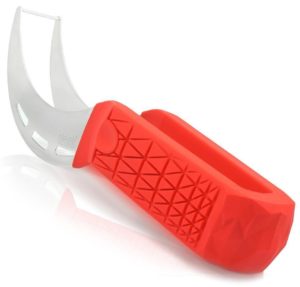
Best Angles for Amazon Main Images
Split Test to Boost Click Through Rate & Listing Traffic
Testing main image is the best split test you can run because it has the largest effect on getting more clicks, and it doesn’t interfere with keyword indexing or ranking like changing titles will.
Lastly, make sure it’s touched up by a graphic professional to remove any imperfections. Add a small shadow or reflection effect & color correct it to make it as appealing as possible.
How to Hire Photo & Graphic Freelancers
I recommend hiring at least 3 designers at a time off of Fiverr or Upwork, and testing them with a single photo to weed out the bad actors.
BONUS TIP: When hiring freelancers, end your job description with “please start your application with the word “Harry Potter” or else your message will be deleted and not read.”
This instantly weeds out the copy/ pasters & people with English not good enough to understand. Either way you don’t want to work with them… and you’d be AMAZED how many people fail this simple requirement. It will save you many hours throughout your outsourcing career
The Right Mix of Studio, Lifestyle, and Graphic Design Photos
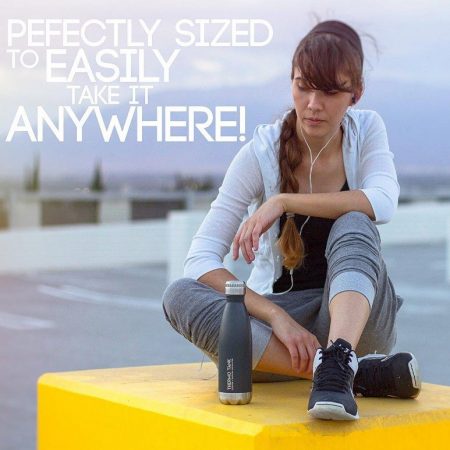
So many sellers get 2 out of these 3 categories nailed, but are missing the 3rd. Leaving any of these out is leaving easy money on the table.
The 3 Categories of Photos In an Amazon Photo Set
Studio shots refer to white background product only shots, lifestyle shows your product in use (usually with a model), and graphic design photos use graphics to highlight main benefits & communicate important information.
So the hero image is a studio image so we’ve covered that pretty well, let’s talk about lifestyle photos…
Great lifestyle photos capture the EXACT moment in time when the MAIN benefit of the product is being received, and includes the end user enjoying the receiving of that benefit.
More on this in the “Matching Audience Desires to Highlighted Benefits” section below.
Models to Use For Amazon Lifestyle Photos
The model you’re using should be a member of your target audience. If your buyers are mostly 30 to 45-year-old women that are in great shape, then that’s exactly the model you need for your photos.
The closer to the target customer you can get with the model, and the closer to the main benefit you can get with the photo, the more the customer is able to envision… and literally FEEL what it’s like to receive that benefit themselves.
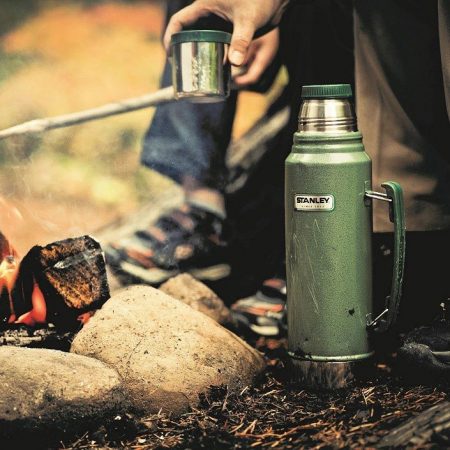
Lifestyle Photo Guidelines:
- Shallow Depth of Field (blurry background)
- Is still clearly focused on the product, not just the model
- Show the exact moment when a main benefit is being received
- I using a model of the same demographic as your target audience
Graphic Design Photos for Amazon Products
Graphic design photos are the most commonly neglected kind. Many people think that it’s against Amazon TOS to include them, but that only applies to the main image slot. Amazon has updated it’s TOS to specify it’s MAIN images that this rule applies to, and many sellers have been graphically enhancing their non-main images for years without issue.
Amazon Graphic Design Terms of Service
You can see for yourself here:
https://www.amazon.com/gp/help/customer/display.html?nodeId=200202110
So what is the best way to use graphic design to your advantage? That depends on your product. Certain types are important for some products & useless for others.
Scale Image
One of the major pitfalls of ecommerce is that the customer can’t physically see the product and often thinks it’s bigger or smaller than reality. Pictures can be very deceiving if they don’t show relative scale.
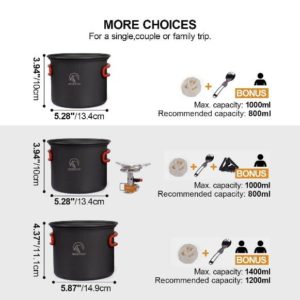
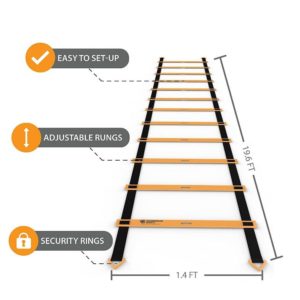
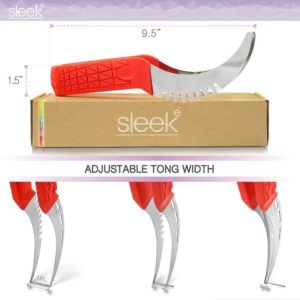
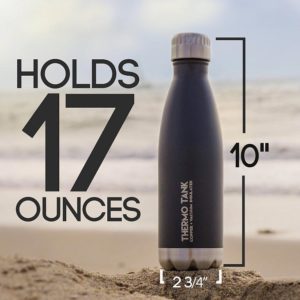
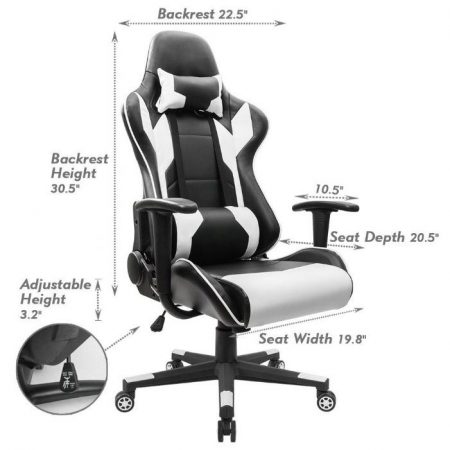
Many 1-star reviews & refunds could have been avoided with one of these photos. A lot of customers on Amazon buy based off the photos only without reading the description so put this info in a picture!
Show More Than Just the Size
You can also use this picture for more than just showing the scale as you can see in some of the examples above also calling out product benefits.
Products That Are Important to Show a Scale Image
- Bags or wearables of any kind
- Anything that typically comes in a wide range of sizes.
- Anything product that is smaller or larger than the “average” product in the category
- Products that would become useless or impractical to users that are small or large
Promotion Image
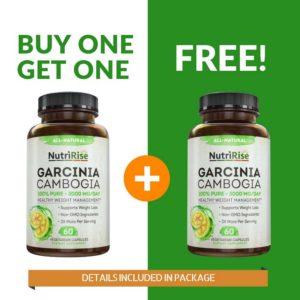
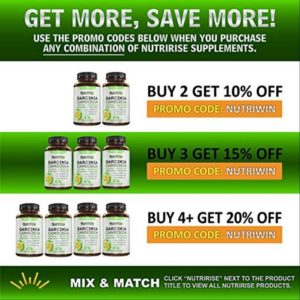
If you’re offering discounts and promotion on Amazon, show it off in an image slot! The area Amazon displays promotions on your listing can be easily scrolled past so this can boost your claim rate.
Some products don’t make sense for bulk discounts or cross promotion such as expensive items or items where no one wants to buy more than 1.
Types of Promotion Pictures:
- Buy one get one (BOGO)
- Promotion tiers
- Cross promotion (buy this product and THIS product and get 20% off)
Product Callout
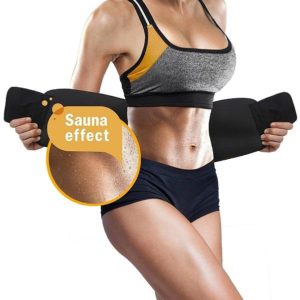
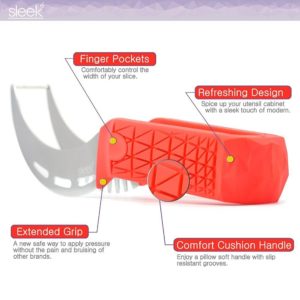
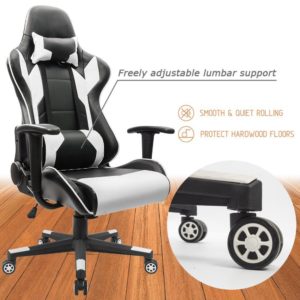
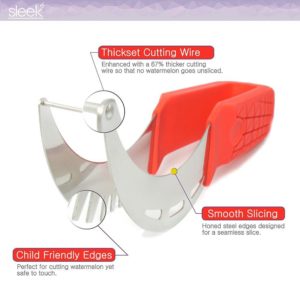
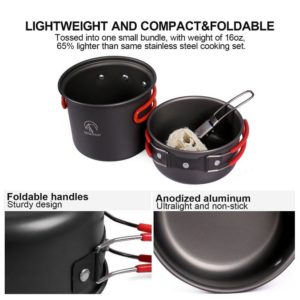
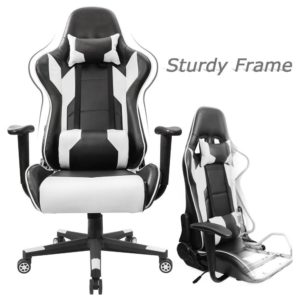
This is probably the most standard and commonly used type. It’s simply showing off product features paired with a short benefit statement about each highlighted feature.
Product Callout Image Guidelines
- Simple. Not overly complex but not so simple it looks like it was done in MS paint by a 10-year-old from the 1990’s.
- On brand with cohesive colors, graphic style, and fonts
- The writing of the pictures can be taken directly from the bullet points of the listing assuming they were written to be benefit based & accurately portray the main benefits. They will need to be touched up a little and shortened.
- Typically you don’t want to have more than 4 callouts of the same image. Can break it into 2 callouts images if necessary.
Comparison Image
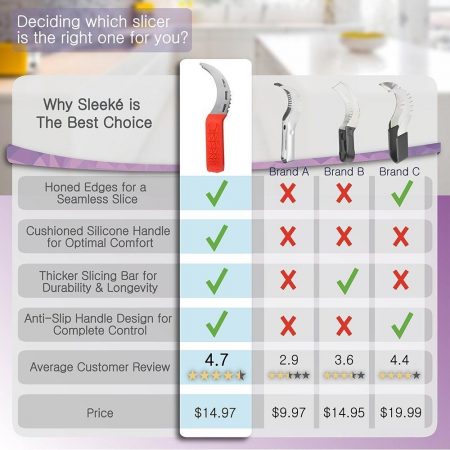
This one should only be used if your product is clearly better than the majority of competitors. If it’s hard to show off how yours is better, this is the clearest way to do so.
Instructional Image
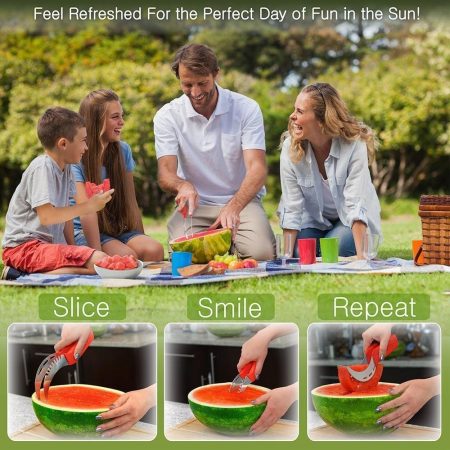
These are great if your product needs to be installed and customer commonly ask questions about how to install or whether it will work in their situation or not. It allows them to envision the process and clearly see how your product will work in their situation.
Packing List Image
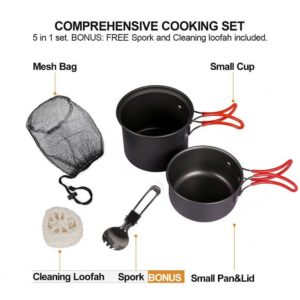
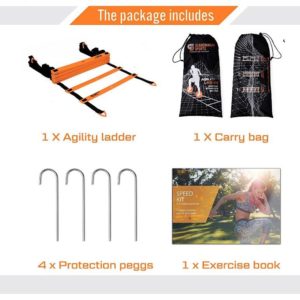
Important for products that come with a lot of pieces to show EXACTLY what the customer will get when they purchase. If you have individual photos with each part of your bundle, it can be very confusing what’s actually included without one of these, and a clear list in your description.
Multiple-Uses Image
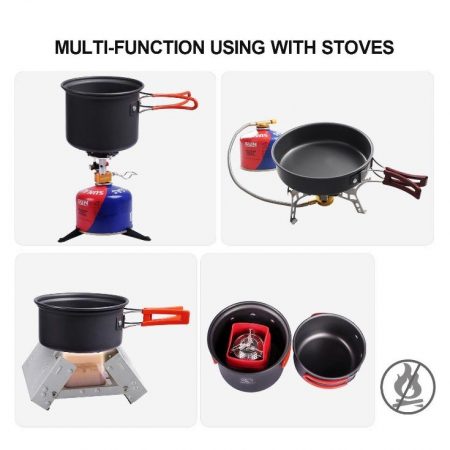
Important for products with versatile uses where you want to show off the different non-obvious ways it can benefit the customer. Show off creative ways the product can be useful and add more value to your customer’s life.
Bonus Image (typically eBook)

Does your product come with a free bonus? Show it off in a picture! You can also combine this with one of the other types of graphic photos above to get two birds stoned at once 😉
Compelling Storytelling
This concept is a little bit harder to explain but still super important. Your photos should collectively tell an underlying story.
Think of it as if your customer were gazing through a window, what would you want them to see? An oasis where their EXACT problem is being solved and people are enjoying their day free of that problem in their super happy lives? BINGO!
While that may sound ridiculous, that’s exactly what customers want to see and it can be very difficult to pull off well.
Your Story Must Be Cohesive Across the Entire Listing
A common mistake is non-cohesive photos. The hero image is one way, then the graphic design photos use off brand colors, followed by poor lighting lifestyle images, etc, etc.
All photos need to be consistent with each other, telling one single story of the problem this product solves and who it’s for.
Like I said it’s a bit hard to explain so hopefully I don’t sound like some hippie who did too much acid in the 70’s, but if you can nail down this concept, your sales will benefit, I promise.
Matching Audience Desires to Highlighted Benefits
Showing off features and benefits of your product is all fine and dandy, but show off the wrong ones & you may as well not show any at all.
It’s just like advertising. If you ran some ads for your facial moisturizing cream to fans of a WWE Wrestling match, your conversion rate would get hammered harder than Dwayne Johnson receiving a “People’s Elbow.”
You need to show customers how your product solves the most important problems to THEM, not what YOU think is the main problem it solves.
Do An Obsessive Amount of Research
This requires a lot of research and simply miming your competitors is a bad idea since many of them are probably missing the mark.
Go through as many customer reviews, questions, and forums as you need until you have a clear vision of exactly which product benefit s are most important to your customer and in which order. These are what you need to be highlighting prominently in your photos and for that matter, your text/ copywriting as well.
In Summary
Nailing a perfect Amazon photo set isn’t a walk in the park, but follow these guidelines and you’ll be far better off than the flailing fumblers of “figure it out myself” land.
If you’re looking for photographers that really understand Amazon, consider Kenji ROI to handle your Amazon photoset. You can check out our photography packages here: https://www.kenjiroi.com/amazon-product-photography/
I’ll finish off with some basics to follow when creating your Amazon photos. I hope you got some value out of this article and thanks for reading! If you have any questions I’m always available through the website chat through Facebook, email, or phone.
-Danny Carlson
CEO
Kenji ROI

Some Basic Image Guidelines:
- 2000x x 2000 px
- This is ideal because the minimum size for “zoomability” is 1000px x 1000px, but if you go too large then the zoom function zooms you waaaaay too far in. 2000px is a nice middle point.
- It’s also good because Amazon is optimized for 1:1 ratio square photos.
- Jpg format
- Be using as much of the frame as possible so it still looks good in small thumbnails.
Typical Breakdown of 7 Photos for an Amazon Listing:
- 1 Main (hero) image with white background
- 3 Lifestyle (in use) pictures
- 2 Graphic Design pictures
- 1 Wildcard: whichever is most important for your product
